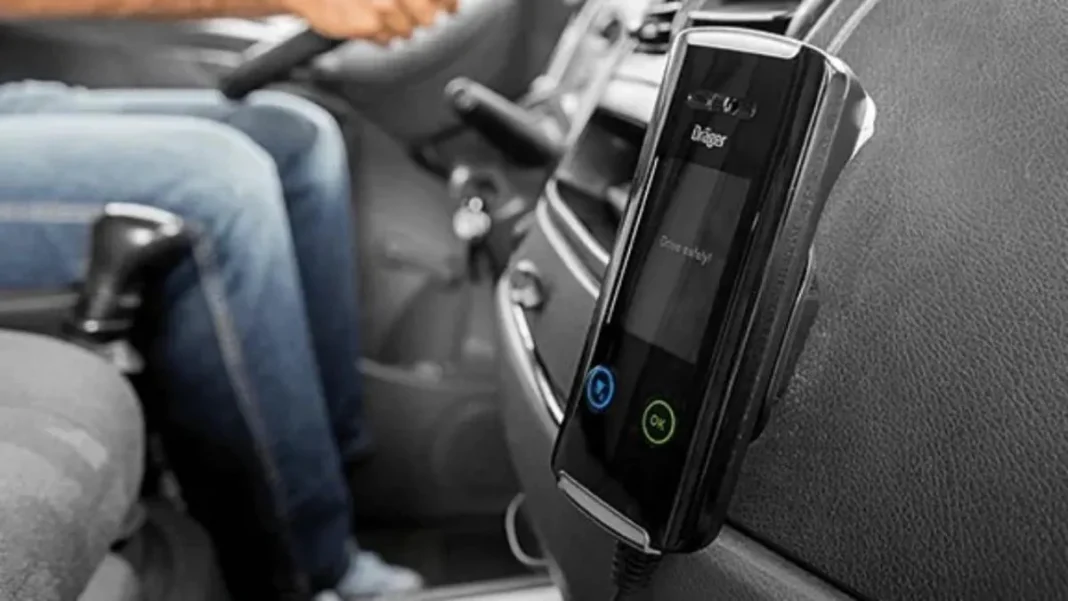Various technological improvements are coming online, all aimed at improving road safety, but some which can have a direct impact on the driver.
In addition to the new traffic laws that came into force this year, a reform has been carried out on the Law on Traffic, Circulation of Motor Vehicles and Road Safety that comes into force on July 6 and that requires the incorporation of certain driving assistance systems, known as ADAS (Advanced Driver Assistance Systems).
Among them the most controversial is the breathalyser, also known as Alcolock. A compulsory installation complement although with some nuances, as pointed out by the Director of the DGT Pere Navarro.
It is a device that measures alcohol in exhaled air, a lifelong breathalyser, but in this case it is interconnected with the car’s starting system, so that if it detects that we have been drinking, it will not allow it to start up.
For this, the vehicle must have a mechanism that allows this connection. Today very few vehicles carry it and most of them are intended for passenger transport.
Well, starting in July, all vehicles approved by brands must have this pre-installation. But, to be clear what that means, it is when a manufacturer launches a new vehicle, or carries out a significant redesign. It will not be mandatory in existing vehicles, not even those currently for sale in showrooms.
Initially, from July 6 will be mandatory for M2 and M3 vehicles which are launched or redesigned. These are passenger cars with more than 8 seats plus the driver. The M2 have a maximum authorised mass of five tons, above are M3. These are known as buses and coaches.
As of July 6, 2022, all M2 and M3 vehicles that have the appropriate mechanism must have a breathalyser, but as of July 6, 2024 all new M2 and M3 must leave the factory with this new mechanism that connects the breathalyser with the starting system.
Pere Navarro himself has declared that at the moment it is not on his agenda to extend it to other types of vehicles. It is an ADAS intended for passenger transport in Spain, currently one of the safest in Europe.
Alcohol is still present in between 30 and 50% of fatal incidents, and its use is predicted to reduce up to 65% of the number of alcohol-related incidents. Today it is a device that is already mandatory in France, Italy, Belgium and Poland.





